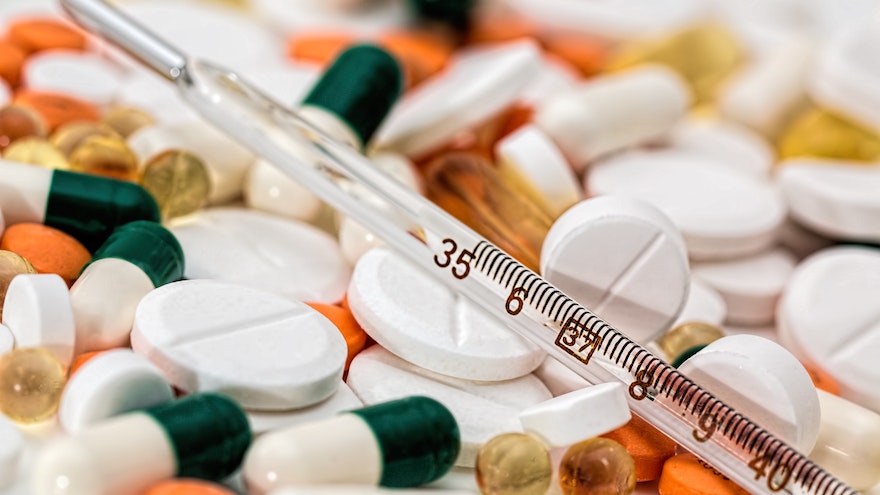Antibiotics have long been used as a powerful tool in the fight against infectious diseases. However, the overuse and misuse of antibiotics can have unintended consequences on the delicate balance of bacteria in the gut, known as the microbiome.
Gut Health and the Microbiome
The human gut is home to a complex and diverse community of microorganisms, including bacteria, viruses, fungi, and protozoa. This community, known as the microbiome, plays a vital role in maintaining overall health and well-being.
The microbiome helps to digest and absorb nutrients, protect against harmful pathogens, and support the immune system. It has also been linked to a range of other health conditions, including obesity, diabetes, and even mental health disorders.
The Effects of Antibiotics on the Microbiome
Antibiotics are designed to kill bacteria, but they do not discriminate between good and bad bacteria. When antibiotics enter the body, they can disrupt the balance of the microbiome, leading to an overgrowth of certain bacteria and a reduction in diversity.
This can lead to a range of negative effects on gut health, including:
- Diarrhea: Antibiotics can kill off beneficial bacteria that help to regulate bowel movements, leading to diarrhea.
- Dysbiosis: Antibiotics can cause an imbalance in the microbiome, leading to a condition known as dysbiosis. Symptoms of dysbiosis can include bloating, gas, abdominal pain, and changes in bowel movements.
- Increased risk of infections: A disrupted microbiome can weaken the immune system, making a person more susceptible to infections.
It’s important to note that not all antibiotics have the same effect on the microbiome. Some types of antibiotics are more likely to cause disruptions, while others may have minimal impact.

Preventing Negative Effects on the Microbiome
There are steps that can be taken to minimize the negative effects of antibiotics on the microbiome:
- Use antibiotics only when necessary: Antibiotics should only be used when they are necessary to treat a bacterial infection. Overuse and unnecessary use of antibiotics can contribute to the development of antibiotic-resistant bacteria.
- Take probiotics: Probiotics are beneficial bacteria that can help to restore the balance of the microbiome. They can be taken in supplement form or found in fermented foods such as yogurt and sauerkraut.
- Eat a varied diet: A diet rich in fruits, vegetables, and fiber can help to support the growth of beneficial bacteria in the gut.
Maintaining the Health of the Microbiome After Antibiotic Use
While antibiotics can have a negative impact on the microbiome, it’s important to note that the microbiome is resilient and can recover after antibiotic use. However, this process can take time, and it’s important to support the microbiome during this period of recovery.
Here are some ways to support the health of the microbiome after antibiotic use:
- Eat fermented foods: Fermented foods such as yogurt, kefir, sauerkraut, and kimchi contain beneficial bacteria that can help to repopulate the microbiome.
- Take a prebiotic supplement: Prebiotics are non-digestible fibers that feed the good bacteria in the gut. Taking a prebiotic supplement can help to support the growth of beneficial bacteria in the microbiome.
- Eat a varied diet: As mentioned before, a diet rich in fruits, vegetables, and fiber can help to support the growth of beneficial bacteria in the gut.
In summary, antibiotics can have a significant impact on the microbiome, but there are steps that can be taken to minimize these negative effects and support the health of the microbiome. If you’re interested in learning more about gut health and the microbiome, be sure to download our free gut health guide and try a free 3-day supply of our probiotic green juice, Life Greens.


